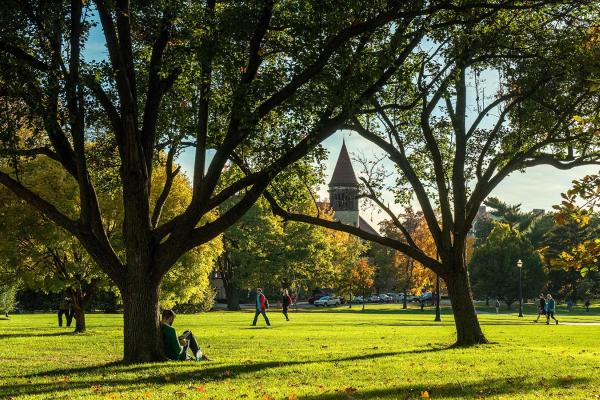
Please join us for the first Form Huber lecture of 2020. Dr. Jeremy Freese, Stanford University, will discuss his research using polygenic scores to bring genomics and social science together. More information about Dr. Freese can be found here.
Title: "The Arrival of Social Science Genomics"
Abstract: After some false starts, the effort to integrate molecular genetics and social science data has entered a new phase with the advent of polygenic scores. Polygenic scores are demonstrably successful in ways that previous tools were not, but there remains much about the possibilities and pitfalls to be sorted out. I will present several different applications of polygenic scores from my own and other
work, focusing especially on their prospective value for researchers who do not care about genes per se. In addition, I will discuss developments with polygenic scores in the context of the troubled history of invocations of genetic differences in social life, as well as concerns about ways that genetic information may be used now or very soon.
